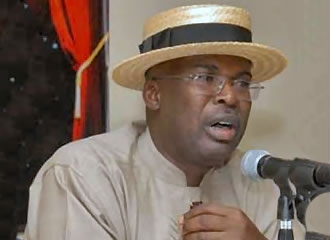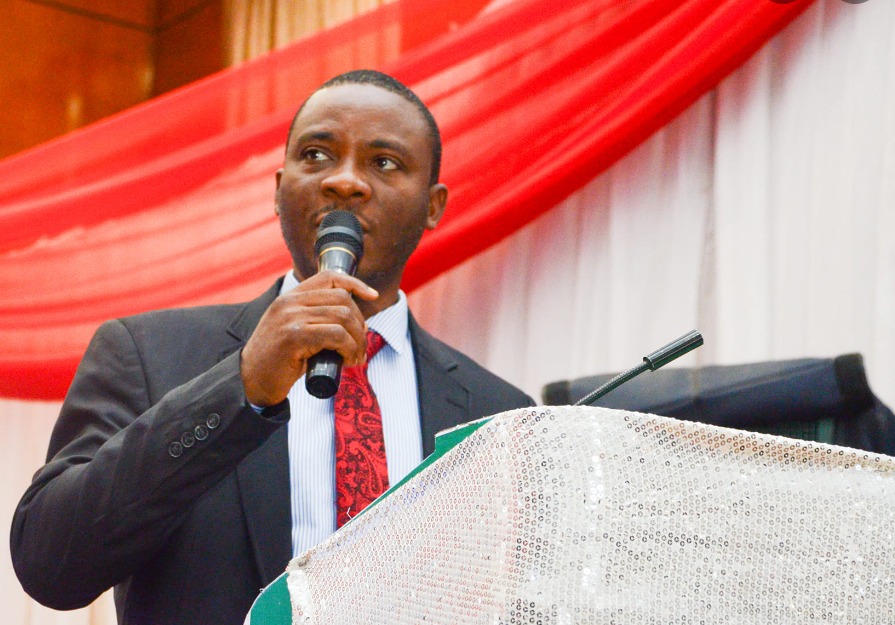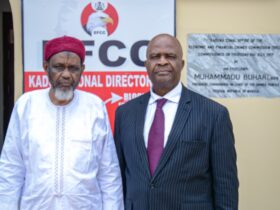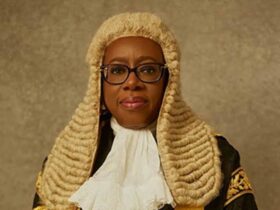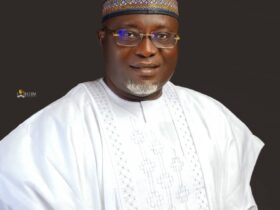The Nigerian Institute of Electrical and Electronic Engineers has condemned the increasing number of unqualified practitioners in the industry.
This was as the institute emphasised the urgent need to address the problem of unqualified individuals handling electrical jobs, as this often results in faulty installations and hazardous conditions.
Speaking at the institute’s 16th conferment of fellowship on Saturday in Abuja, the President of the institute, Felix Olu, called for rigorous skills development and certification among practitioners to address the issue.
He said, “There is a critical need to address the problem of unqualified individuals handling electrical jobs. This has often led to faulty installations and hazardous conditions.
“Quackery in electrical work is a major issue due to the engagement of unqualified individuals and the use of substandard materials.”
Olu said recognising the impending crisis, electrical engineers across Nigeria came together to advocate for regulatory measures.
These concerted efforts, according to him, resulted in the proposal of a bill in the National Assembly to establish the Chartered Institute of Electrical and Electronics Engineering of Nigeria.
Olu added that the bill was successfully passed and signed into law by former President Muhammadu Buhari in 2023.
“This new regulation mandates certification for all electrical and electronic engineering practitioners in Nigeria, encompassing engineers, technicians, technologists, and craftsmen. Certified practitioners will now carry insignia such as badges, certificates, and seals, allowing the public to identify and verify their qualifications easily,” Olu added.
He emphasised the importance of this regulation in reducing incidents of faulty installations and fire hazards. “With the establishment of this organization, Nigerians can now identify who is qualified to do electrical jobs, thereby significantly reducing the risk of accidents caused by substandard work,” he added.
Speaking, the Deputy Vice-Chancellor of Aliko Dangote University of Science and Technology, Prof. Nouruddeem Umar, stressed the need for monitoring and advancing the field of electrical engineering amid the ongoing fourth industrial revolution.
Prof Umar highlighted the importance of digitization and the role electrical engineers must play in leading this transformation.
“The current era is defined by rapid advancements in AI, machine learning, the Internet of Things, digital twin technology, and more. Our field is uniquely positioned to address diverse challenges across these areas. We must urge all our members to take responsibility and set an agenda for today’s challenges, leveraging our curriculum empowerment,” Prof. Umar stated.




